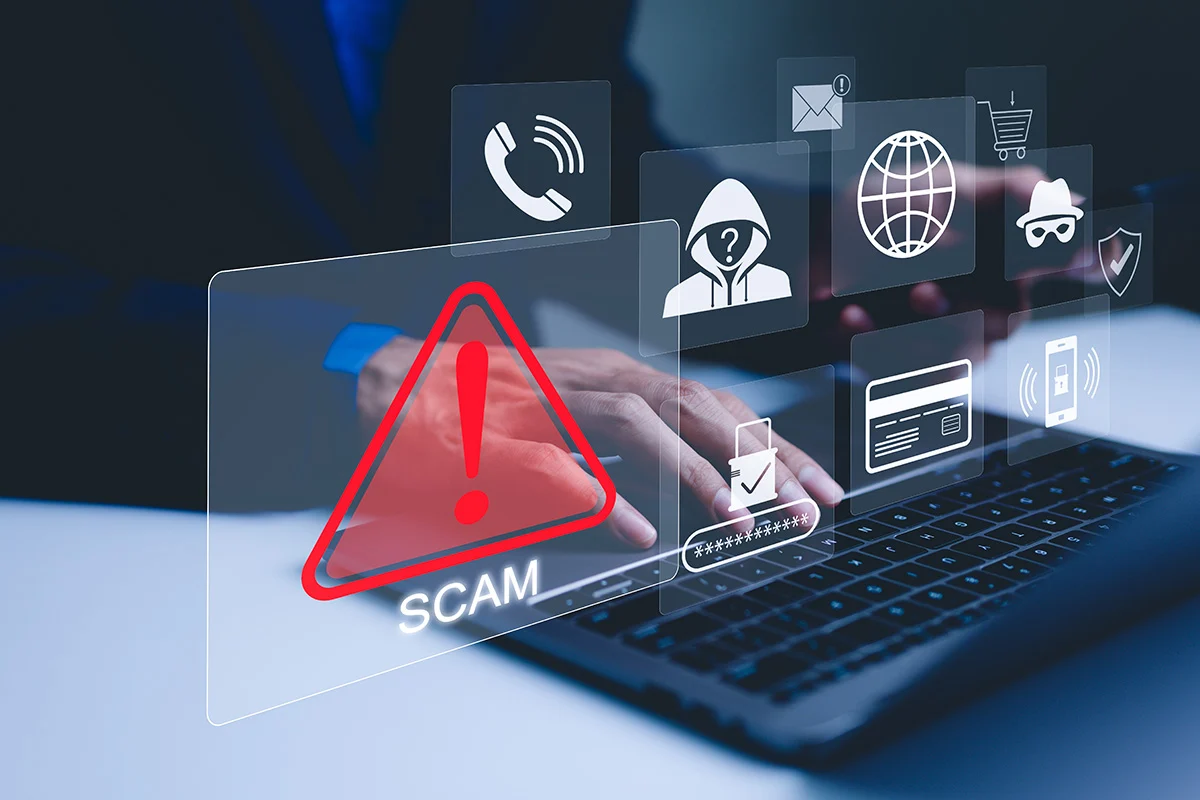The internet’s vast marketplace can be an endless source of deals and opportunities, but hidden in the shadows are wolves in sheep’s clothing: scam websites. Cybercriminals who want to steal your information, money, or identity, so it’s essential to learn how to find them online. Here are some tips to help you find the warning signs:
Spot the typos: Hastily put-together scam sites generally have grammatical faults, misspellings, and poor language. Quality material is vital for legitimate businesses; therefore, avoid grammatical errors.
Read also: How to protect your SIM from scammers, thieves
Check the “lock” and key: A padlock in the address bar and “https” indicate security, but don’t be fooled. Fraudsters can copy these traits. Click the lock for details—a reputable certificate issuer and verified corporate information are reasonable.
Examine the domain: Red flags include misspellings, strange extensions like “.info” or “.biz,” and names that seem like well-known brands. Always verify the domain before entering essential data.
Watch out for phoney deals: scammers often advertise ludicrous “get rich quick” schemes that involve depositing an unknown sum of money and multiplying it within a few days or offering lower prices than rival companies. If anything seems too good to be true, it generally is.
Unmask content: Low-quality photographs, out-of-place stock photos, and generic product descriptions scream “scam.” Avoid websites with little substance or that don’t match the brand or product.
Check the reviews, but verify: Online reviews can be helpful, but remember, scammers can fabricate positive testimonials. Use alternative sites and avoid glowing or generic reviews.
Who are? Chat with us? Credible websites feature a physical location, phone number, and email address. Beware of sites with inadequate contact info.
Just trust your gut: Sometimes, a website feels “off.” Walk away if something seems odd. Preventing harm is better.
Keep alert: Scammers change their methods, so stay vigilant. Use anti-phishing extensions and update your security software and browser.
With these detection tools, you can feel safe navigating the internet market. Remember that being sceptical can help you stay safe on the internet, where some people disguise themselves as good people.
















